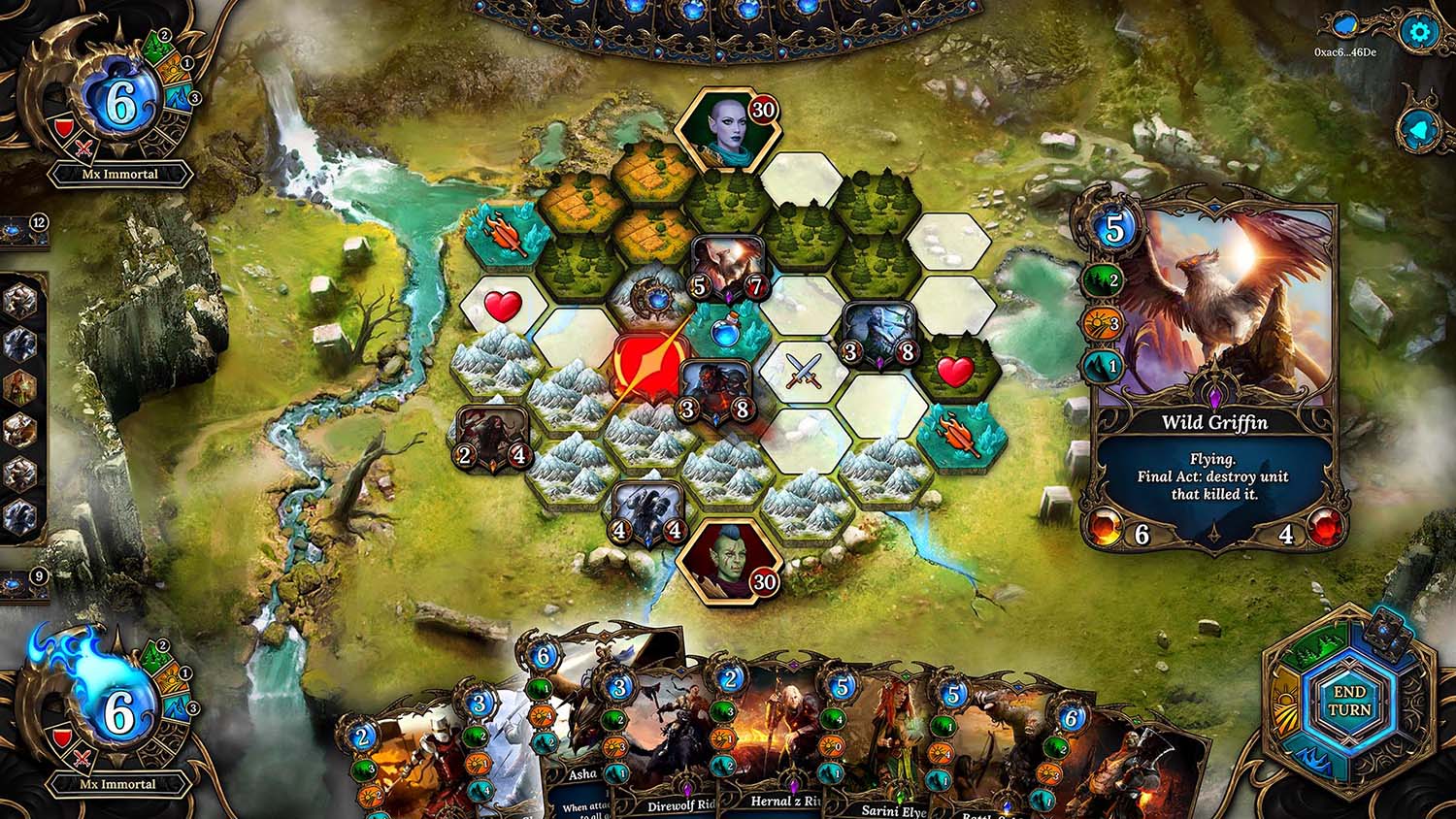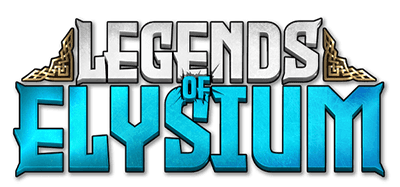Level of Effort as Management Tool
In project management, the term “level of effort” (LOE) refers to a support-type project activity that is necessary to support other work activities or the entire project effort. These activities are typically short tasks that need to be repeated at regular intervals. Examples include project budget accounting, liaising with customers, or oiling machinery during manufacturing. The world of gaming has evolved significantly over the years, with developers and project managers employing various methodologies to ensure the successful delivery of a game. One such methodology that has gained prominence in the realm of project management is the concept of “Level of Effort” (LOE). In this article, we will delve deep into understanding the role of LOE in the development of the game “Legends of Elysium” and how it has contributed to its success. In the vast world of gaming, where acronyms and abbreviations are as common as the games themselves, “LOE” stands out, especially for fans of the Digital Trading Card gaming realm. But what does LOE signify? Let’s dive in.
Understanding Level of Effort (LOE)
At its core, Level of Effort (LOE) is a project management term that refers to a support-type activity essential to back other primary work activities or the entire project effort. These are not direct tasks that contribute to the final product but are crucial for the smooth functioning of primary tasks. For instance, in game development, while character design or storyline development might be primary tasks, regular software updates or team coordination meetings can be considered LOE tasks. The concept of LOE isn’t new. Historically, game developers recognized the need for support activities that, while not directly contributing to the end product, were essential for its smooth creation. As the gaming industry grew in complexity, with multi-layered games and intricate storylines, the importance of LOE became even more pronounced. Notable games like “World of Warcraft” and “The Elder Scrolls” series have, in the past, emphasized the role of LOE in their development process, ensuring that the primary tasks had the necessary support to reach fruition. Unlike other industries, gaming requires a perfect blend of creativity and technology. While a film might need a script, actors, and post-production, a game requires storylines, character arcs, world-building, coding, and continuous testing. LOE in gaming ensures that these primary tasks proceed without hitches. For instance, while the main team works on character design, an LOE task would ensure that the software they use remains updated and bug-free.
LOE in Legends of Elysium
“Legends of Elysium” is a fantasy fusion of Card & Board Game enhanced with strategic elements. LOE, in the context of gaming, stands for “Legends of Elysium.” It’s not just a set of letters but represents a universe filled with strategy, intrigue, and immersive gameplay. As the crypto gaming sector burgeons, LOE is emerging as a title that encapsulates the fusion of traditional gaming mechanics with the innovative world of blockchain. The game’s intricate design, captivating storyline, and immersive gameplay experience are a testament to the meticulous planning and execution behind the scenes. Here’s how LOE played a pivotal role in its development:
Team Coordination: With a diverse team comprising graphic designers, story writers, coders, and testers, regular coordination was imperative. Weekly meetings, an example of LOE, ensured that everyone was aligned with the game’s vision and objectives.
Software Updates: While the game’s primary development involved creating characters, plots, and challenges, regular software updates ensured that all tools used were up-to-date. This LOE task ensured that there were no technical glitches during the development phase.
Feedback Loops: Periodic testing and feedback sessions were organized. Though these sessions didn’t directly contribute to game development, they provided valuable insights, making them a crucial LOE activity.
Documentation: Maintaining detailed records of every development phase might seem tedious but is an essential LOE task. It ensured that any team member could understand the project’s current status and the rationale behind specific decisions. The development team used project management tools like JIRA and Discord to track both primary and LOE tasks. These tools, combined with communication platforms like Slack, ensured that the team remained in sync, and LOE tasks were completed in tandem with primary tasks.
The Impact of $LOE on Legends of Elysium’s Success

The meticulous attention to LOE tasks in “Legends of Elysium” ensured a smooth development process, leading to the timely release of the game. By prioritizing both primary tasks and LOE activities, the team could preempt potential challenges and address them proactively. Moreover, the emphasis on team coordination and feedback loops ensured that the game was aligned with player expectations, leading to positive initial reviews and a growing player base. A well-executed LOE is often invisible to the end player but is always felt. In “Legends of Elysium,” the seamless gameplay, lack of bugs, and intuitive user interface can all be attributed to meticulous LOE tasks that supported the primary development activities.
Compared to other games in the industry, “Legends of Elysium” stands out in its meticulous approach to LOE. While many games focus extensively on primary development tasks, the balanced approach to LOE in “Legends of Elysium” has set a new industry standard. The success of “Legends of Elysium” is not just a result of captivating graphics or an engaging storyline. It’s a testament to the behind-the-scenes efforts, where LOE activities played a crucial role. By understanding and prioritizing these support activities, game developers can ensure a smoother development process, leading to a successful game launch. As the gaming industry continues to evolve, methodologies like LOE will become even more critical in ensuring the timely and successful delivery of games.
